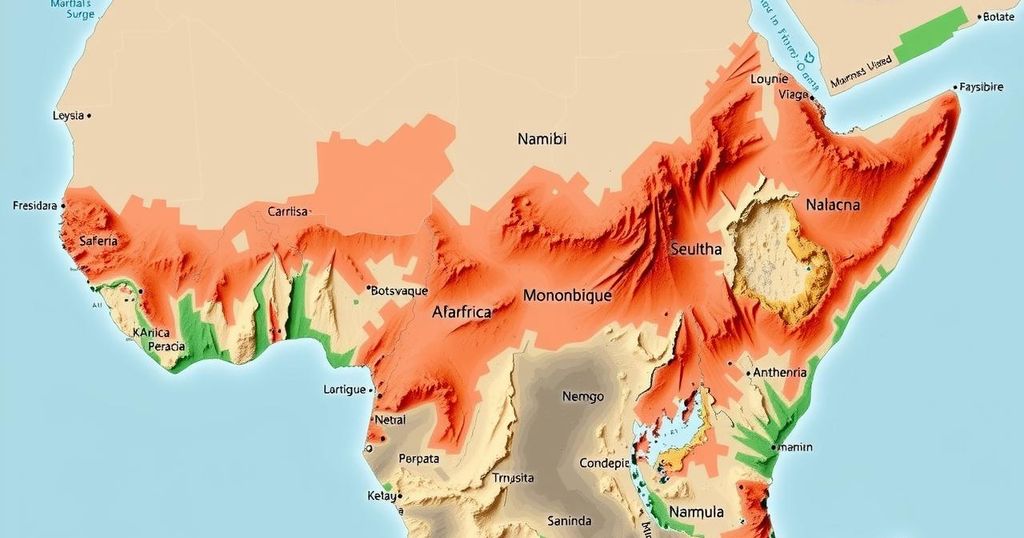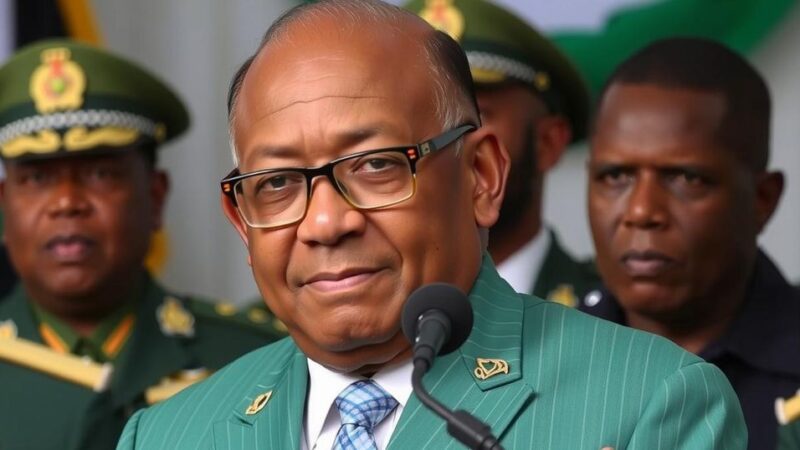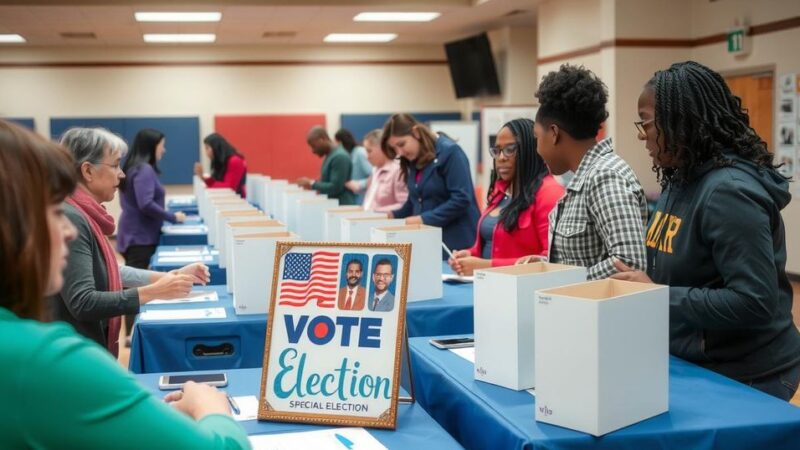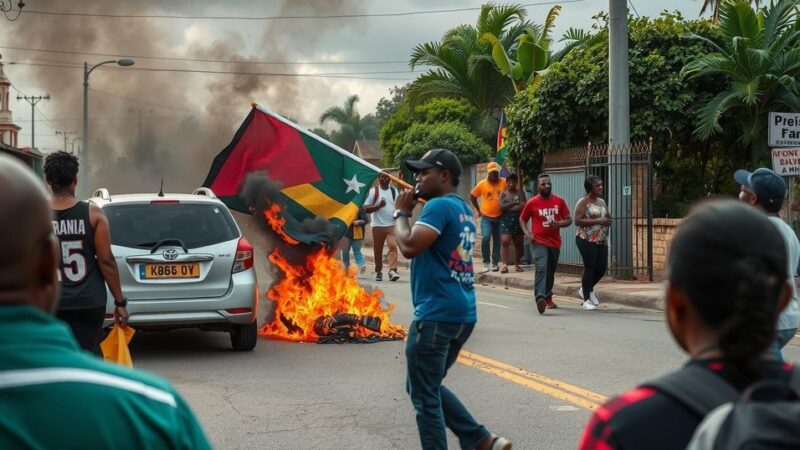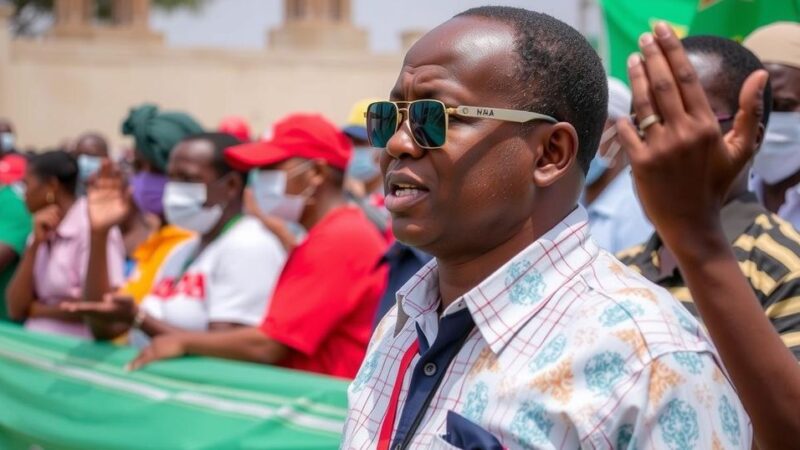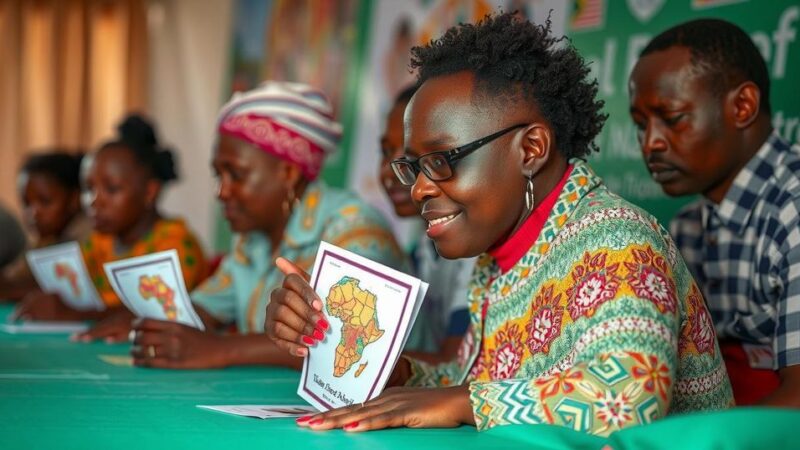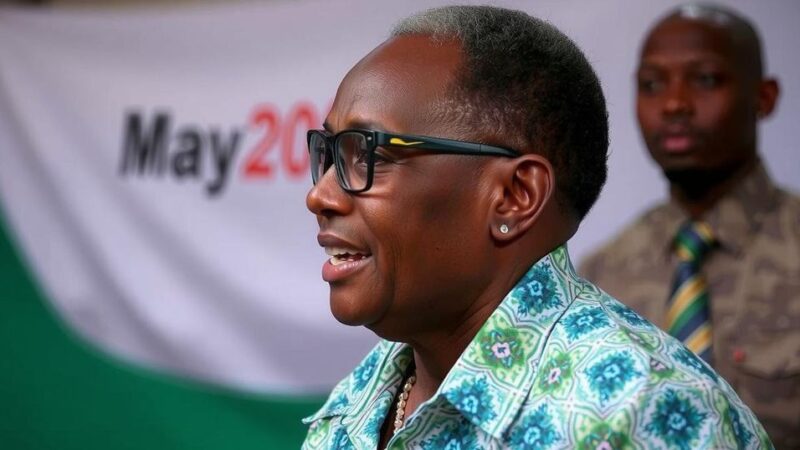Elections in Southern Africa signal potential political renewal amid public discontent with traditional ruling parties. South Africa’s ANC lost majority control, necessitating a coalition; Botswana’s UDC gained prominence as voters expressed dissatisfaction with the BDP; Mozambique’s Frelimo maintained power amidst allegations of fraud and protests; and Namibia’s SWAPO secured another term, highlighting the enduring influence of liberation movements despite rising demands for change. Citizens, particularly youth, are increasingly advocating for economic equity and accountability from their leaders.
The recent electoral outcomes in Southern Africa, particularly in South Africa, Mozambique, Botswana, and Namibia, mark a significant juncture in the region’s political landscape, reflecting both continuity and change. In South Africa, the ruling African National Congress (ANC) has lost its majority, necessitating the formation of a coalition government, indicating a possible transition from the domination of former liberation movements. Botswana’s elections saw a shift as the Umbrella for Democratic Change (UDC) emerged victorious, driven by public dissatisfaction with economic conditions under the Botswana Democratic Party (BDP). Mozambique continues to grapple with demands for change against a backdrop of alleged electoral fraud and the enduring influence of the ruling Frente de Libertação de Moçambique (Frelimo). Finally, Namibia’s elections reaffirmed SWAPO’s control, highlighting the ongoing struggle for pertinent change amidst the country’s political legacy. This combination of traditional and emerging political dynamics suggests a restless electorate is demanding responsiveness from their leaders.
In each country, governing parties are facing rising public discontent, particularly among younger voters, who prioritize concerns such as unemployment and social justice over historical narratives of liberation. Furthermore, the implications of these elections signal that old liberation movements may need to adapt to avoid further erosion of their support. The demand for change is palpable, reflecting greater aspirations for development and accountability in governance.
The political landscape of Southern Africa has been shaped significantly by historical liberation movements that fought against colonial and apartheid regimes. Countries like South Africa, Botswana, Mozambique, and Namibia are now witnessing shifting political dynamics as voters express a desire for renewal and accountability in governance. The recent electoral cycles indicate that traditional political parties, primarily composed of liberation movements, are beginning to face challenges regarding their relevance in addressing contemporary social and economic issues. As economies grapple with inequality and high unemployment rates, electoral outcomes reflect a growing impatience among citizens, particularly the youth, for tangible improvements in their lives.
The electoral outcomes in Southern Africa reflect a critical juncture in the region’s political narrative. Declining support for traditional liberation movements signposts a demand for greater responsiveness to contemporary issues such as unemployment, economic management, and social justice. As the electorate becomes increasingly vocal about their needs, particularly the younger demographic, it is imperative for ruling parties to demonstrate their commitment to positive change. The challenge ahead for these governments will be to reconcile historical legitimacy with pressing modern aspirations, lest they risk losing relevance altogether.
Original Source: www.fairobserver.com

